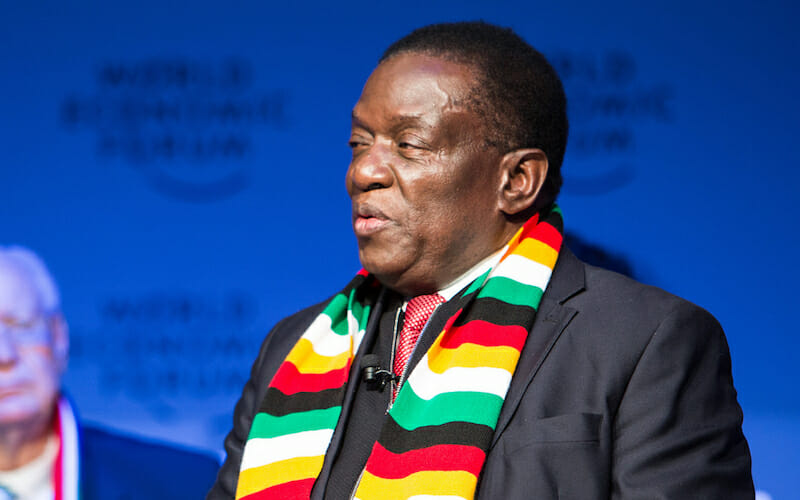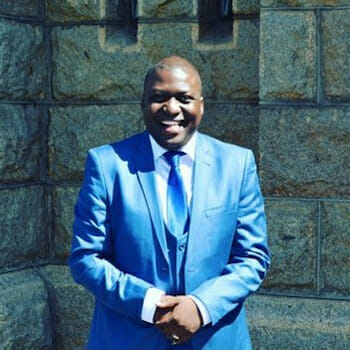
Free Speech in Zimbabwe?
With elections on the horizon, the buzzword is once again “media reforms,” but I doubt President Emmerson Mnangagwa’s new administration will be willing to move an inch on this one. Mnangagwa’s record when it comes to freedom of speech and the media worries me a lot. I fear we shall see a tightening of the media environment at worst and at best only players connected to his administration will get TV or radio licenses, just as it was with his predecessor.
They will make a show of opening up of the media landscape, when in reality, only a handful of connected people will be allowed to operate. My fear is not unfounded, as Mnangagwa’s record shows that at one point he was willing to go to court, to defend the much reviled criminal defamation laws, which the constitutional court struck off our statute books. Any journalist worth his salt will agree that criminal defamation laws were quite chilling and promoted self-censorship, which is incongruent with free speech.
In his defence of criminal defamation, Mnangagwa argued that it was “a reasonable and justified law that must remain in the country’s statutes.” Herald editor Caesar Zvayi had approached the court arguing that criminal defamation laws violated Sec. 61 of the Constitution, which promotes freedom of expression, but Mnangagwa insisted that “[criminal defamation] seeks to foster responsible information dissemination and journalism, and to ensure that in the exercise of their right to freedom of expression and freedom of the media, journalists act responsibly by verifying their facts before publication.”
These sentiments are quite worrying and it is a blessing that the Constitutional Court eventually struck down criminal defamation laws. Mnangagwa desperately sought to make a case for criminal defamation, when in all honesty there was none to be made.
I have been arrested before under criminal defamation laws and had to go to the Constitutional Court twice to guarantee my freedom and anyone who advocates for that law honestly scares me. I was arrested in 2011, spent about a year on remand and had my passport confiscated. My life was literally on hold for three years, when the case was finally resolved.
One Twitter user was quoted by News24 as far back as 2015, decrying Mnangagwa’s defence of criminal defamation, saying: “VP Mnangagwa defends criminal defamation…if he becomes prez we are doomed.” In another case, Mnangagwa defended insult laws at the Constitutional Court, claiming the laws were necessary to preserve the president’s reputation. Insult laws are archaic and the court ruled they should be struck down, but Mnangagwa insisted they were reasonable.
With elections due later this year and political tempers set to rise, I wonder how soon it will be, before this administration unleashes some such laws to prevent the exercise of free speech. There has lately been a desperate drive by Mnangagwa’s supporters to airbrush his previous authoritarian 37 years in government, but one can only judge him on his track record and in this case, he has not exactly been a friend of a free media and free speech. On the other hand, recently, Mnagagwa met with Alpha Media Holdings chairman, Trevor Ncube and hopefully this is a sign that he is committed to building bridges and is reaching across the divide.
I am not overly optimistic though, but I hope that this could be the beginning of the government becoming more open and allowing genuine freedom of speech and a diverse range of players in the media environment and not just praise singers and acolytes of the new administration.

